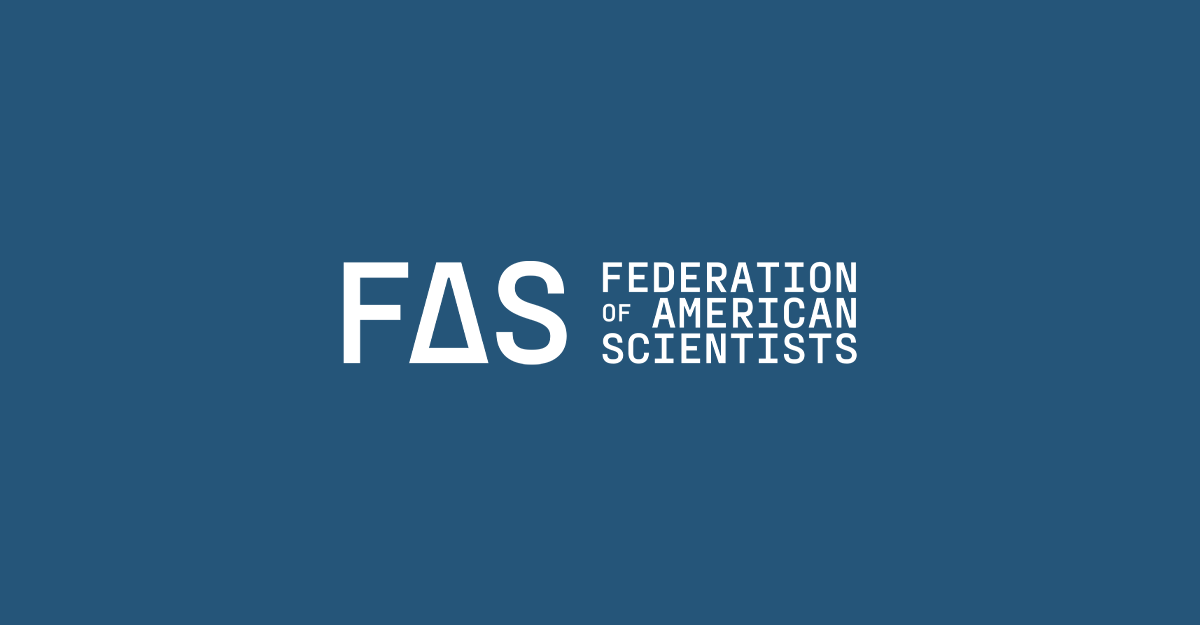
Position on the Wildfire Intelligence Collaboration and Coordination Act of 2025
The Federation of American Scientists supports the Wildfire Intelligence Collaboration and Coordination Act of 2025.
This vital bill would create a Wildfire Intelligence Center to provide decision support across the entire wildfire lifecycle of prevention, suppression, and recovery efforts, thereby allowing stakeholders to retain autonomy while holistically addressing the wildfire crisis. Inspired by consensus recommendations from the Wildland Fire Mitigation and Management Commission, this bill further underscores the strong bipartisan momentum in Congress for a new federal center to improve wildfire detection speed and accuracy, enhance recovery efforts, and better prepare for catastrophic wildfires. FAS has previously supported similar legislation to create such a center. We look forward to working with partners to move forward on a single collaborative effort.
“FAS applauds Senators Padilla and Sheehy for introducing this bill, which would take a crucial step forward in protecting our communities from increasingly severe wildfires. The Wildfire Intelligence Center would bring together expertise at all levels of government to give our firefighters and first responders access to cutting-edge tools and the decision support they need to confront this growing crisis,” said James Campbell, Wildfire Policy Specialist at the Federation of American Scientists.
This year’s Red Sky Summit was an opportunity to further consider what the role of fire tech can and should be – and how public policy can support its development, scaling, and application.
Promising examples of progress are emerging from the Boston metropolitan area that show the power of partnership between researchers, government officials, practitioners, and community-based organizations.
FAS supports the bipartisan Regional Leadership in Wildland Fire Research Act under review in the House, just as we supported the earlier Senate version. Rep. David Min (D-CA) and Rep. Gabe Evans (R-CO) are leading the bill.
The current wildfire management system is inadequate in the face of increasingly severe and damaging wildfires. Change is urgently needed